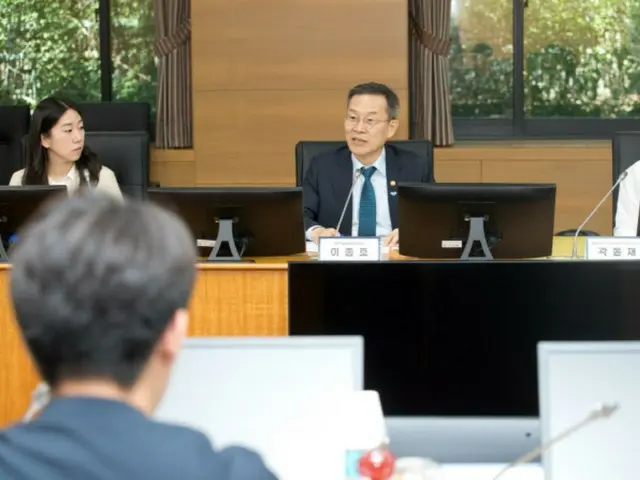Amid changes both domestically and internationally, such as increased competition, the outflow of science and engineering talent, and population decline, it is hoped that the new visa system will serve as a stepping stone to promoting cooperation with overseas institutions.
Previously, research student visas were only issued to master's and doctoral students, or to bachelor's students invited from science and technology universities such as the Korea Advanced Institute of Science and Technology (KAIST).
However, this time, the program will also include undergraduate students from universities with globally ranked high rankings, who will be able to utilize the program as research talent in Korea.
In addition, researcher visas were previously only available to those with master's or doctoral degrees, and required more than three years of experience.
From now on, master's students who have graduated from top universities or who have been selected as authors of outstanding papers can be invited even if they have no prior experience.
In the future, it is expected that it will be important to ensure that international students settle in Korea and to manage the system.
"There are cases where people do not conduct research or find other work after receiving a visa, so we need to prevent cases of people abusing the visa system," said Park Jinho, vice president of research at the University of Science and Technology (KENTECH).
"It's wonderful," he said.
2024/07/04 09:49 KST
Copyrights(C) Edaily wowkorea.jp 101

